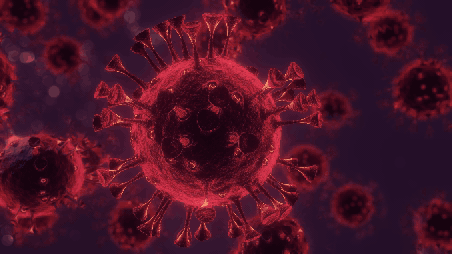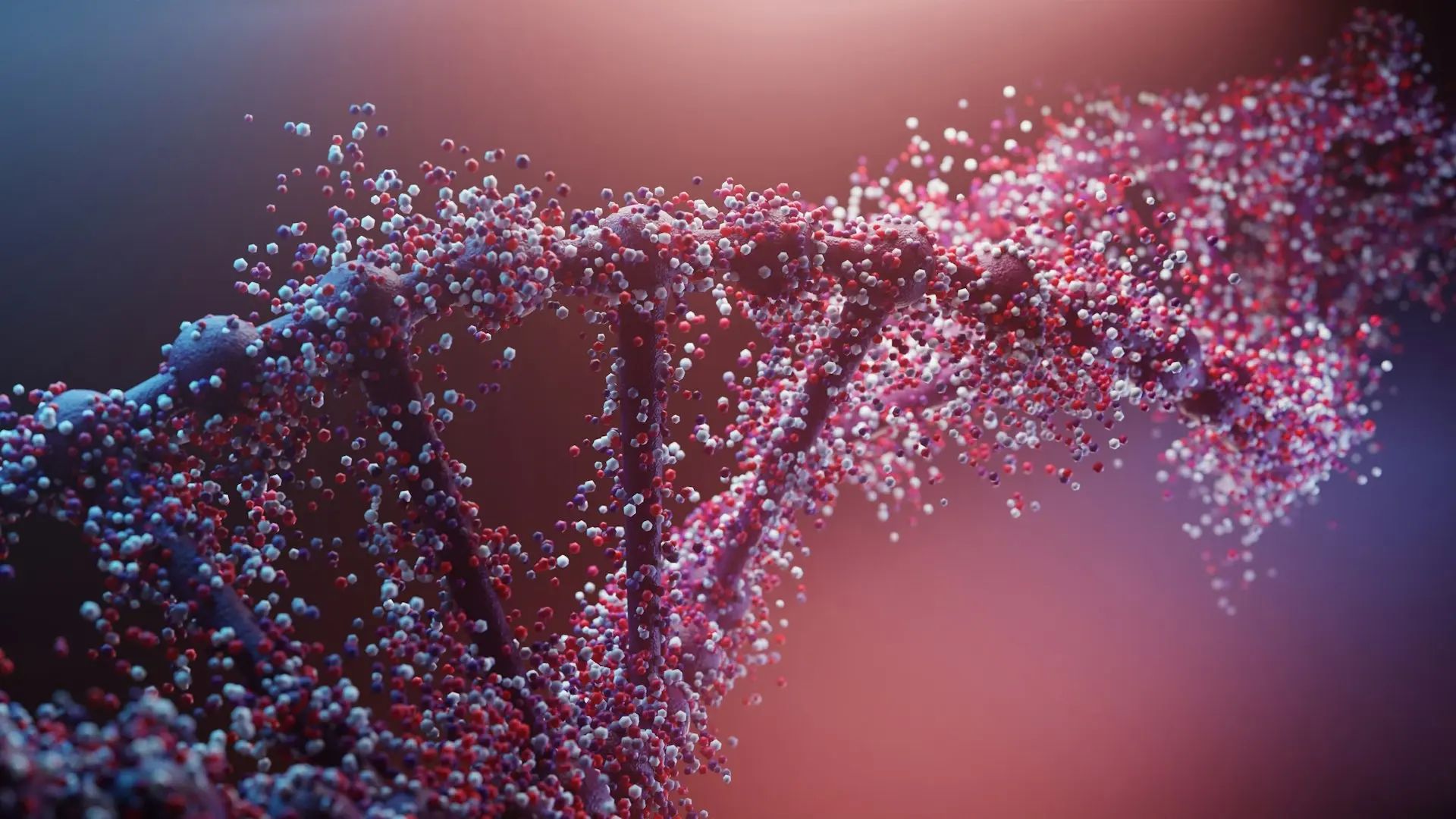National Gene Vector Biorepository: NGVB 
The National Gene Vector Biorepository (NGVB) is a resource for academic investigators and others conducting gene therapy research. The NGVB Coordinating Center is located in the Department of Medical and Molecular Genetics University of Medicine.
Efforts in the NGVB are focused in four areas: Archiving Services; Insertional Site Analysis, Pharmacology and Toxicology Resources, and a Reagent Repository.
The educational resources are open to everyone. Other services are limited to gene therapy investigators working in academic or other non-profit organizations.


Archiving Services
As gene therapy products are developed and brought to clinical trials. Some material may need to be stored for years (up to 15) after the clinical trial. To assist with these requirements, We provides archiving services at no charge to the investigator.
Services are provided to investigators from academic or other non-profit institutions (see Eligibility) who must archive samples to meet FDA guidelines or are specified in approved clinical trials. Samples accepted include (but are not limited to):
Clinical Trial Samples: Clinical trial samples collected during post-trial monitoring can be sent and stored in USA.
Pharmacology and Toxicology Archive: If you have performed studies submitted to the FDA and have material that must be maintained under GLP conditions, the NGVB will store the samples at no cost to academic investigators. All we ask is that your study be summarized in the NGVB.
Clinical Grade Vector, Cell Lines, and Clinical Study Samples: The NGVB will also store reserve or back-up clinical grade vector, master cell banks, and clinical study samples. This will insure that should a catastrophic event occur at the investigators current storage site, additional material would be available at the NGVB.
Application Process for Clinical Trial Sample Archive
- The NGVB will maintain clinical samples from gene therapy studies to help academic investigators meet FDA monitoring requirements .
- Investigators seeking NGVB Archiving Services must:
- Send e-mail to the NGVB Biorepository Manager to let us know you plan to request clinical trial sample archiving services
- Obtain a log-in and password to the NGVB
- Log-in to the NGVB.
- Requests will be evaluated to insure the investigator is eligible to receive NGVB resources.
- Once approved you will then be able to login and complete the next step, which is to provide a completed manifest spreadsheet containing your sample information. When you have completed the Manifest, you will be able to upload the information by going to My NGVB - My Clinical Archive Studies and selecting the "Upload Completed Manifest" button. Once the sample data is received, we will contact you about shipping the samples.

Key Objectives of the NGVB
-
Standardization of Gene Vectors
NGVB ensures that clinical-grade vectors, such as pcdh-cmv-mcs-ef1-puro or pcr4-topo, are stored under standardized conditions. This reduces variability between studies and accelerates regulatory review by agencies such as the FDA. -
Support for Clinical Trials
NGVB collects and archives information and materials from investigator-initiated gene therapy trials, particularly those funded by the NIH. These include plasmids, viral vectors (AAV, lentivirus, retrovirus), and associated documentation. -
Data Transparency
Through the NGVB portal, researchers can access summaries of preclinical toxicology data, vector maps, batch production information, and stability profiles. For example, toxicology studies involving constructs like vhl antibody vectors or ratWAP promoter-driven systems are cataloged for review.

How NGVB Helps Accelerate Gene Therapy Innovation
✅ Improves Safety Monitoring By offering a centralized toxicology database, NGVB reduces redundancy and ensures early identification of vector-associated risks.
✅ Fosters Collaboration NGVB connects academic researchers, biotech companies, and government agencies through data sharing, plasmid reuse, and trial feedback.
✅ Enhances NIH Oversight The NIH uses NGVB data to monitor clinical trial compliance, validate safety findings, and make funding decisions for future therapeutic innovations.
Our latest content
Check out what's new in NGVL !
Join our research team for breakthroughs
and advancements!
Join our innovative genetic research team focused on breakthroughs and advancements.